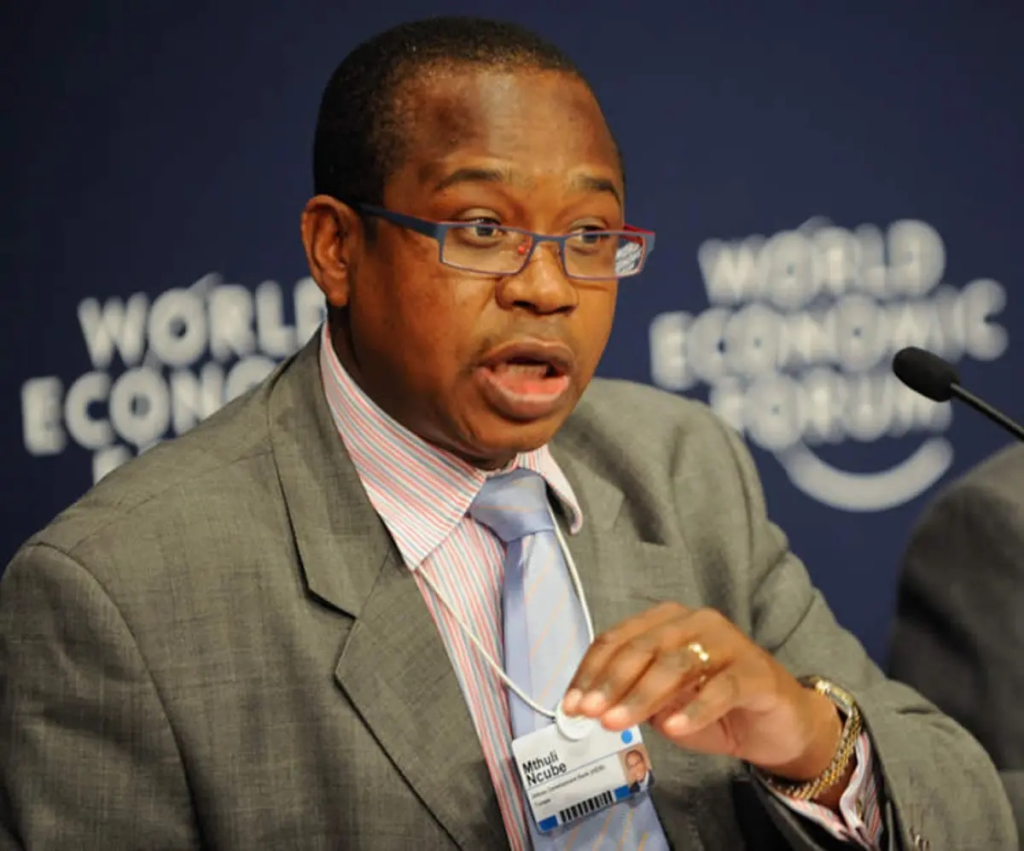Since taking charge of Zimbabwe, ZANU-PF’s governance has been akin to an unhealed wound, causing immense pain and suffering for the nation. Emmerson Mnangagwa’s promises of transforming Zimbabwe and putting it back on the map have amounted to mere lip service, as the only transformation witnessed is the filling of his own and his government’s pockets while the majority of Zimbabweans continue to languish in poverty.

One major scandal that has come to light involves the Finance and Economic Development minister, Mthuli Ncube. The government reportedly overran a staggering $10 billion USD between 2015 and 2018, which was supposedly allocated to command Agriculture, the preparations and execution of the 2017 military coup, and the 2018 general elections. However, Minister Ncube has conspicuously failed to provide a transparent account of how these funds were spent despite repeated requests from the opposition. The Public Committee’s attempts to access the financial records have also been thwarted, raising suspicions of an orchestrated attempt to conceal the truth behind the missing billions.
The modus operandi of ZANU-PF is deeply troubling. They routinely spend vast sums of money without obtaining prior approval from Parliament and later seek retrospective endorsement, a practice that sets off alarm bells. This approach effectively runs a parallel government, circumventing formal procedures and checks, thereby giving ZANU-PF leaders undue power and control over public funds.
Unsurprisingly, this lack of accountability and transparency has led to rampant looting of public funds by ZANU-PF. The consequences have been devastating for the country, as the looting depletes valuable resources that could otherwise be invested in vital infrastructure, social services, and development projects. Zimbabweans are left to bear the brunt of this mismanagement, with essential services severely lacking, and economic opportunities dwindling.
The consequences of ZANU-PF’s actions are evident in every corner of Zimbabwe. Basic amenities, such as access to clean water, healthcare, and education, remain distant dreams for many citizens. Unemployment rates have soared, and poverty continues to afflict the majority of the population. The alarming decline in living standards has forced countless Zimbabweans to seek better prospects abroad, contributing to a significant brain drain in the country.
With each passing day, Zimbabwe’s hope for a better future is diminishing. The looting spree perpetuated by the ruling party is an affront to democracy, justice, and the welfare of the nation. The international community has expressed concern over these egregious actions, imposing sanctions on key ZANU-PF figures, and further isolating the regime from the global stage.
The plight of Zimbabwe calls for immediate action. To bring about positive change, it is crucial to root out corruption, enhance transparency, and establish robust accountability mechanisms. Only then can Zimbabwe rebuild its economy and regain its position as a thriving nation.
In conclusion, the looting spree orchestrated by ZANU-PF under Mnangagwa’s leadership has been nothing short of a tragedy for Zimbabwe. The unchecked greed and corruption have drained the country of its potential, leaving ordinary citizens to suffer the consequences. As the world watches, it becomes increasingly evident that the true transformation Zimbabwe needs can only be achieved by breaking free from the shackles of corruption and embracing a future that holds promise for all its people.
Their end game is always looting at the expense of citizens. Their motivation is self-driven and they care less about the general public.